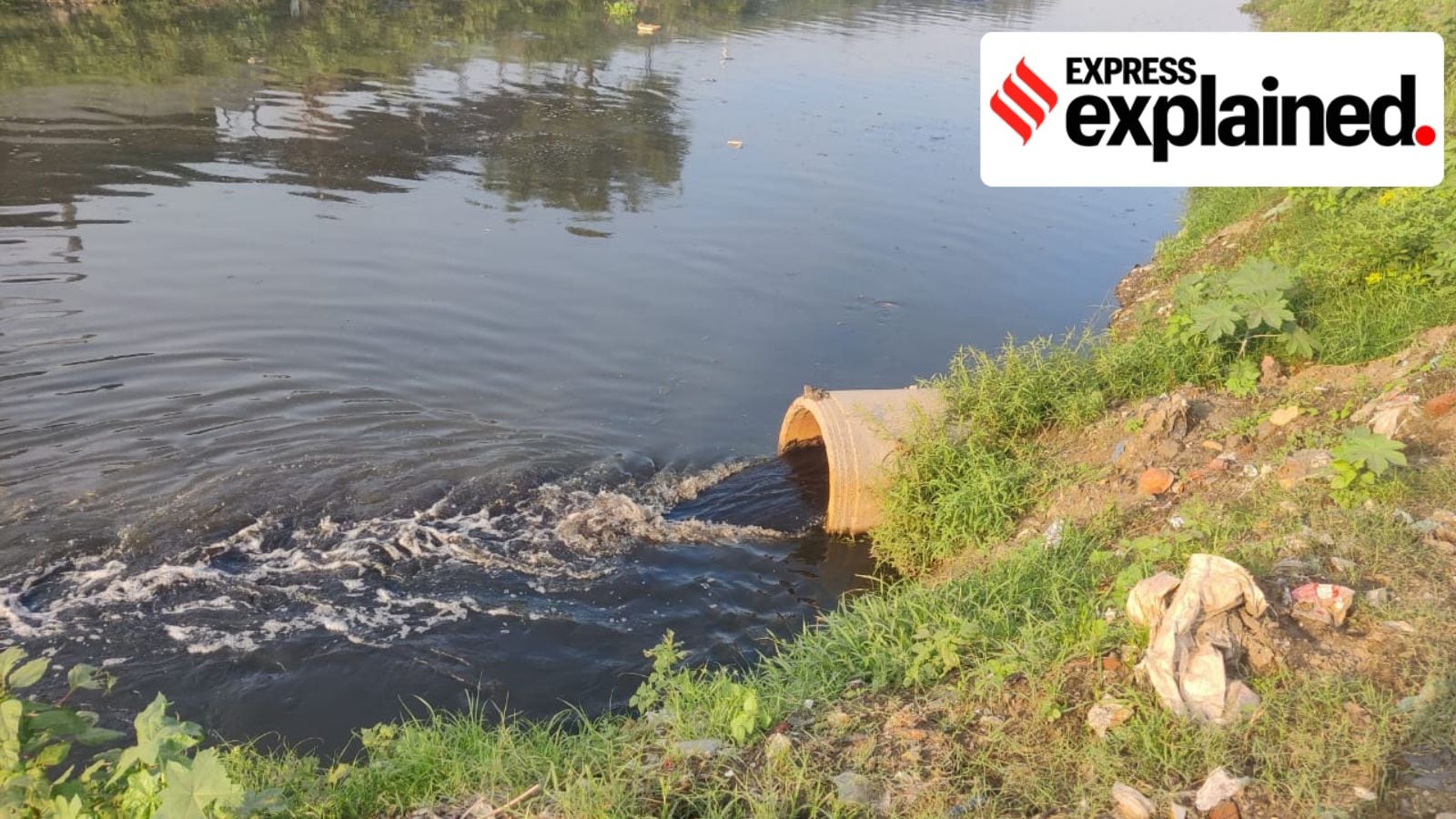Parul Kulshrestha is a Principal Correspondent for The Indian Express, based in Rajasthan. A lawyer turned journalist, she brings a unique cross-disciplinary perspective to her reporting, blending legal precision with deep social inquiry to cover one of India's most culturally and politically vibrant regions. Expertise and Experience Legal-Journalistic Synergy: Parul’s transition from a legal background to mainstream journalism provides her with a distinct advantage in interpreting policy, legislation, and judicial impacts. This expertise allows her to "read between the lines" of government orders and court rulings affecting the public. Diverse Beat: With years of experience across both mainstream newsrooms and independent journalism, she has built high-level authority in several critical areas: Nomadic Tribes & Marginalized Communities: She is recognized for her sensitive and in-depth reporting on the struggles and rights of Rajasthan's nomadic populations, often giving a voice to those outside the traditional political spotlight. Gender & Social Justice: Parul focuses on the intersection of law and gender, covering issues ranging from women’s safety and reproductive rights to the socio-economic empowerment of rural women. Environmental & Political Reporting: She tracks Rajasthan’s complex political landscape—including electoral shifts and bureaucratic changes—alongside critical environmental concerns like water scarcity and land use. Academic & Professional Pedigree: Her background as a lawyer, combined with her rise to the rank of Principal Correspondent at a national broadsheet, establishes her as a senior voice in the media landscape. ... Read More
Divya Goyal is a Principal Correspondent at The Indian Express, based in Ludhiana (Punjab). She is widely recognized for her human-interest storytelling and in-depth investigative reporting on social and political issues in the region. Professional Profile Experience: With over 13 years in journalism, she joined The Indian Express in 2012. She previously worked with Hindustan Times. Education: A gold medalist in English Journalism from the Indian Institute of Mass Communication (IIMC), Delhi. Core Beats: She covers a diverse range of subjects, including gender issues, education, the Sikh diaspora, heritage, and the legacy of the Partition. She has also reported on minority communities in Pakistan and Afghanistan. Awards and Recognition Divya has earned significant acclaim for her sensitivity toward gender and social disparities: Laadli Media Award (2020): For her investigative report "Punjab: The Invisible Drug Addicts," which exposed the gender disparity in treating women addicts. Laadli Media Award (2023): For a ground report on the struggles of two girls who had to ride a boat to reach their school in a border village of Punjab. Signature Style Divya is known for "humanizing the news." Rather than just reporting on policy, she often focuses on the individuals affected by it—such as students dealing with exam stress, farmers struggling with diversification, or families impacted by crime. Her work often bridges the gap between West (Pakistan) and East (India) Punjab, exploring shared heritage and common struggles. X (Twitter): @DivyaGoyal_ ... Read More
- Tags:
- Express Explained








































